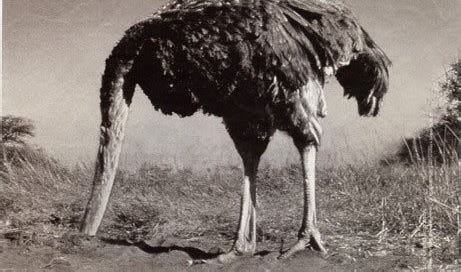Alan Watt from February 9, 2020 in his talk entitled:
Waiting Game:
"Expert Advice Antiquated, Repeated, Expected,
Symptomless Spreaders Have Now Been Detected."
“Most folk, again, accept the indoctrination they've been given. And they themselves in their own lives in their own little circle will find decent people, and they'll be decent people and they've got the little problems and all that but they're decent people. They can't imagine there's people at the top that are not so decent and who treat, and who see you as an inferior species, all the eugenicists, etc. at the top. And who helped plan the future and they say, well, do really really need these people down the road?”
***
It helps to remind ourselves that the ‘people at the top’ have made themselves a separate species. Their tools and useful idiots (politicians, academics, and stars) embrace their identity and believe that they are chosen, special, better than. Voting has never changed this. Those that we vote for are selected, vetted, and presented to us as one of two or three options. I’m sure it’s just a coincidence, but the word ‘voting’ appears in Quigley’s Tragedy and Hope 33 times.
What follows is a long quote from Quigley’s book found on pages 1247 and 1248. It’s well worth reading carefully and pondering because it shows how the voting con is run on the public.
“In American politics we have several parties included under the blanket words "Democratic" and "Republican." In oversimplified terms, as I have said, the Republicans were the partv of the middle classes, and the Democrats were the party of the fringes. Both of these were subdivided, each with a Congressional and a National Party wing. The Republican Congressional Party (representing localism) was much farther to the Right than the National Republican Partv, and as such was closer to the petty-bourgeois than to the upper-middle-class outlook.
The Democratic Congressional Party was much more clearly of the fringes and minorities (and thus often further to the Left) than the Democratic National Party. The party machinery in each case was in Congressional Party control during the intervals between the quadrennial presidential elections, but, in order to win these elections, each had to call into existence, in presidential election years, its shadowy National Party. This meant that the Republicans had to appear to move to the Left, closer to the Center, while the Democrats had also to move from the fringes toward the Center, usually by moving to the Right. As a result, the National parties and their presidential candidates, with the Eastern Establishment assiduously fostering the process behind the scenes, moved closer together and nearly met in the center with almost identical candidates and platforms, although the process was concealed, as much as possible, by the revival of obsolescent or meaningless war cries and slogans (often going back to the Civil War). As soon as the presidential election was over, the two National parties vanished, and party controls fell back into the hands of the Congressional parties, leaving the newly elected President in a precarious position between the two Congressional parties, neither of which was very close to the brief National coalition that had elected him.
The chief problem of American political life for a long time has been how to make the two Congressional parties more national and international. The argument that the two parties should represent opposed ideals and policies, one, perhaps, of the Right and the other of the Left, is a foolish idea acceptable only to doctrinaire and academic thinkers. Instead, the two parties should be almost identical, so that the American people can "throw the rascals out" at any election without leading to any profound or extensive shifts in policy.
The policies that are vital and necessary for America are no longer subjects of significant disagreement, but are disputable only in details of procedure, priority, or method: we must remain strong, continue to function as a great world Power in cooperation with other Powers, avoid high-level war, keep the economy moving without significant slump, help other countries do the same, provide the basic social necessities for all our citizens, open up opportunities for social shifts for those willing to work to achieve them, and defend the basic Western outlook of diversity, pluralism, cooperation, and the rest of it, as already described.
These things any national American party hoping to win a presidential election must accept. But either party in office becomes in time corrupt, tired, unenterprising, and vigorless. Then it should be possible to replace it, every four years if necessary, by the other party, which will be none of these things but will still pursue, with new vigor, approximately the same basic policies.”











Share this post